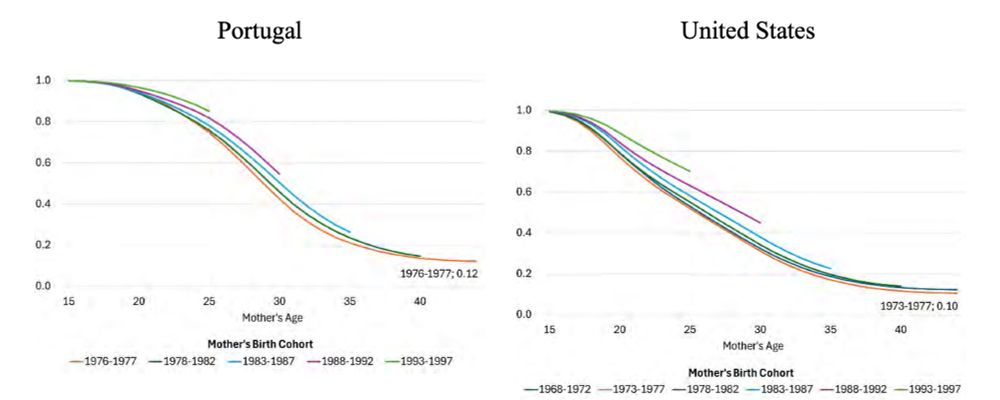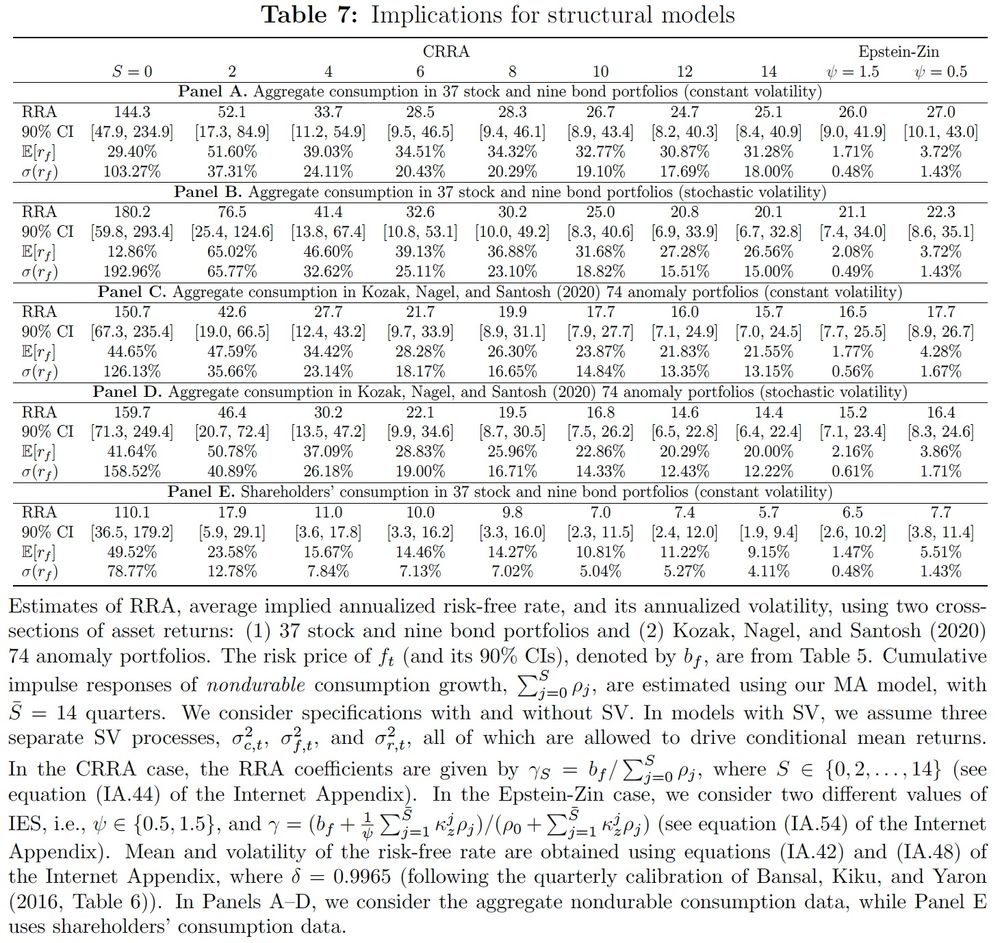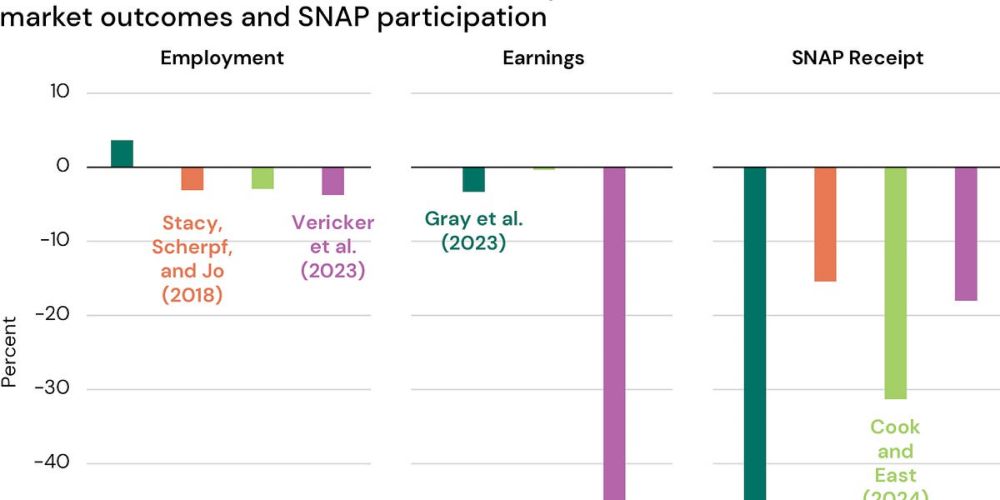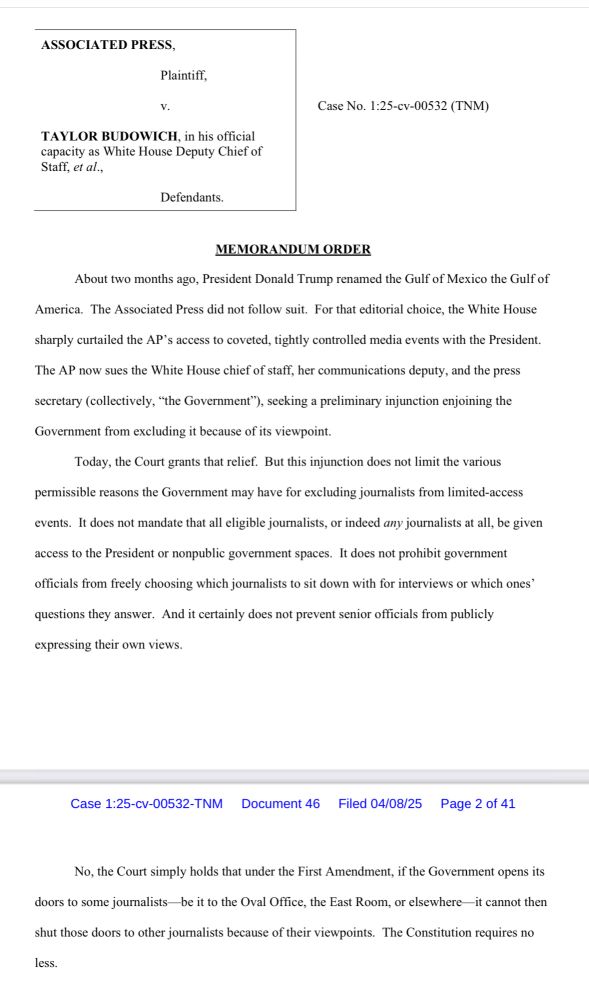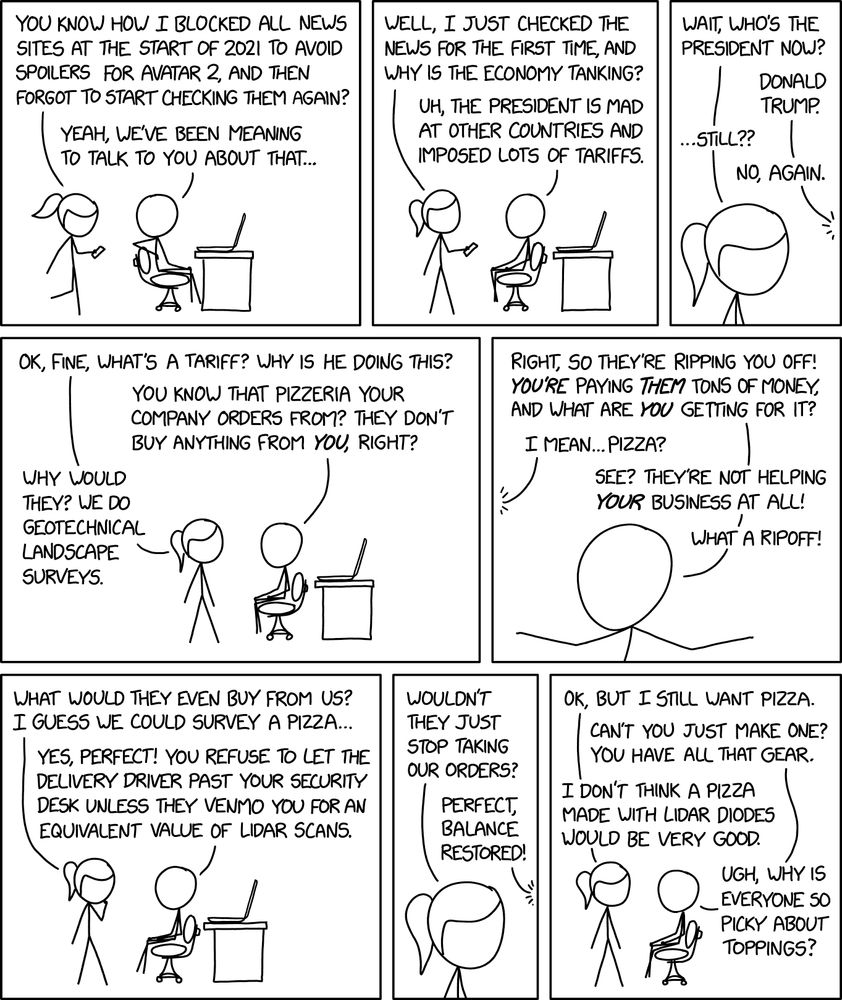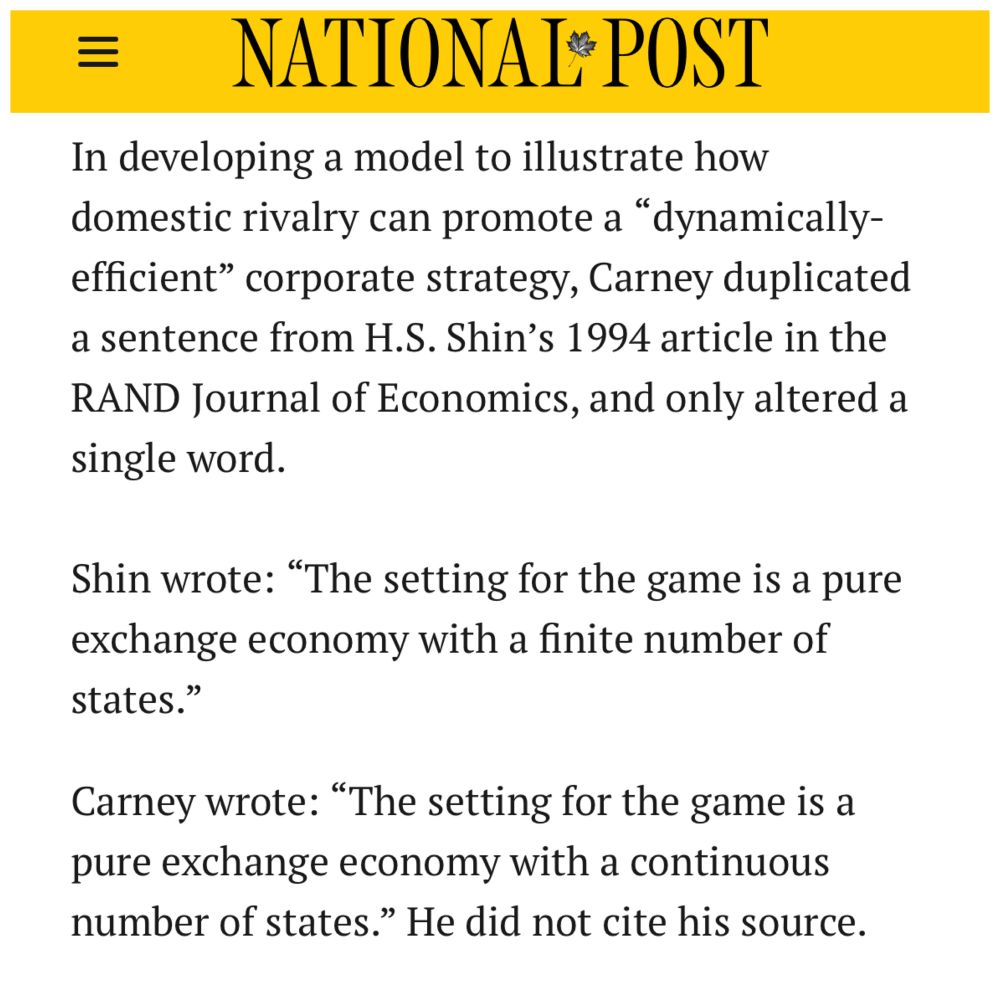Christian Julliard
@christianjulliard.net
2.7K followers
510 following
70 posts
I think, read, write, teach (and take photos). Associate Professor @LSEFinance. I study the interaction between financial markets and the macroeconomy.
https://christianjulliard.net
Posts
Media
Videos
Starter Packs
Pinned
Reposted by Christian Julliard
Christian Julliard
@christianjulliard.net
· Jun 26
Christian Julliard
@christianjulliard.net
· Jun 17
Christian Julliard
@christianjulliard.net
· Jun 17
Christian Julliard
@christianjulliard.net
· Jun 17
Christian Julliard
@christianjulliard.net
· Jun 17
Reposted by Christian Julliard
Reposted by Christian Julliard
Reposted by Christian Julliard
Reposted by Christian Julliard
Reposted by Christian Julliard
Christian Julliard
@christianjulliard.net
· Mar 30



